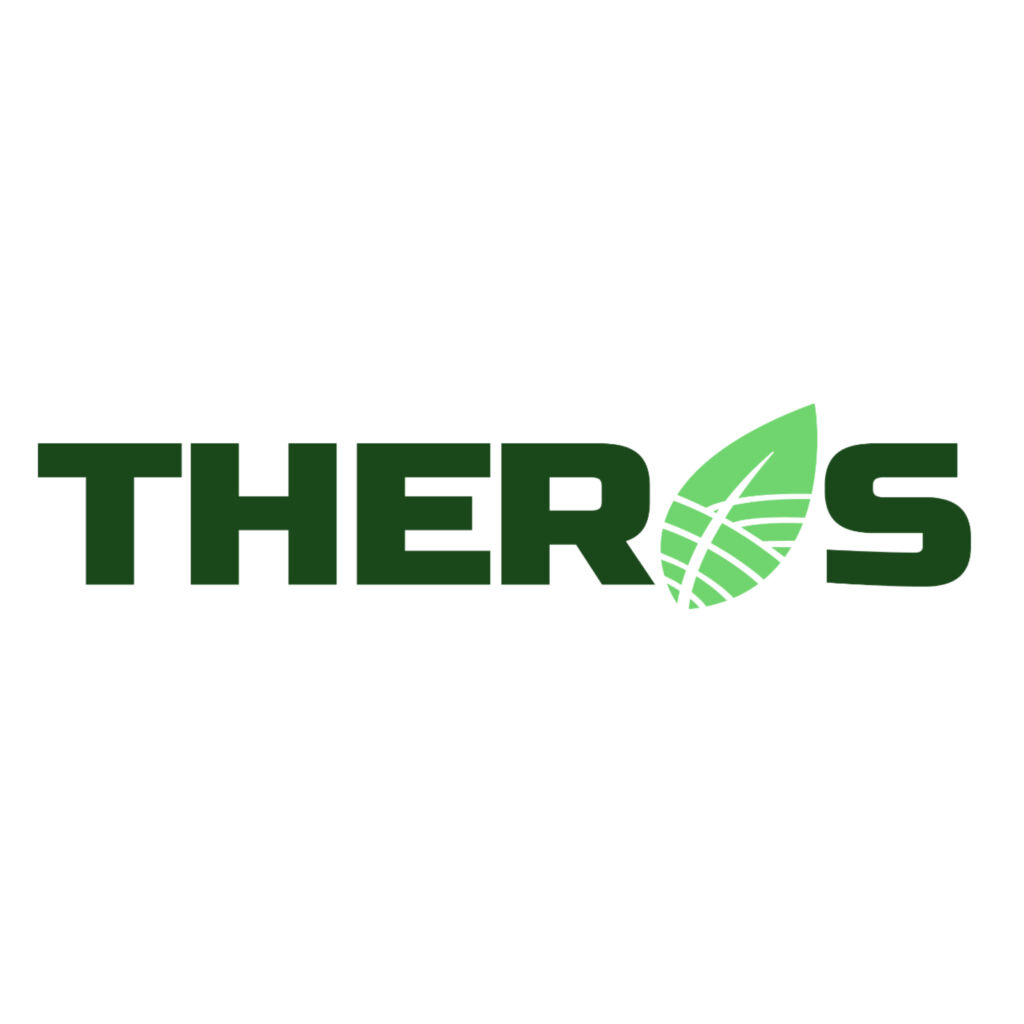An integrated toolbox for improved verification and prevention of adulterations and non-compliances in organic and geographical indications food supply chain.
THEROS aims to implement an integrated toolbox being capable to modernise the process of verifying organic and geographical indications food products and preventing adulterations and non-compliances, through the use of varioustechnological innovations and data sources and while demonstrating enhanced security, transparency and interoperability in the quality labelled food supply chain. The envisioned approach consists of : i) low-cost, digital and scalable solutions that rely on Earth Observation, photonics, Internet of Things and DNA authenticity methods being coupled with advanced analytics, machine learning and artificial intelligence in order to ensure efficient detection of fraudulent cases as well as monitoring of associated quality and sustainability elements ii) blockchain enhanced traceability system and dynamic digital product passport for improved traceability, security and transparent data governance iii) platforms and algorithms allowing management and harmonisation of heterogenous data as well as their consolidation for the verification and validation of transactions across the supply chain iv) interfaces to facilitate monitoring and inspections by competent authorities, informed decision making by supply chain actors and policy makers as well as business model driven approaches to support short supply chains of quality labelled food products. THEROS toolbox components will be extensively evaluated in real life settings through four pilot demonstrations in four different countries and while covering diverse requirements, involvement of all relevant actors and different organic/geographical indication food products and fraud/adulteration cases.
ICCS is the coordinator of THEROS project. At the same time, ICCS is responsible for defining the system architecture and integration plan, developing a data management and harmonization platform, implementing interfaces that will form a dynamic digital passport for quality-labeled foods, developing data integration techniques for the large-scale organic carbon monitoring as well as providing interfaces for DNA-based GI product authenticity methods.

